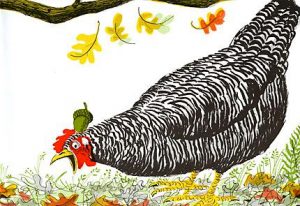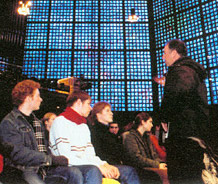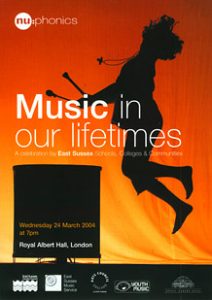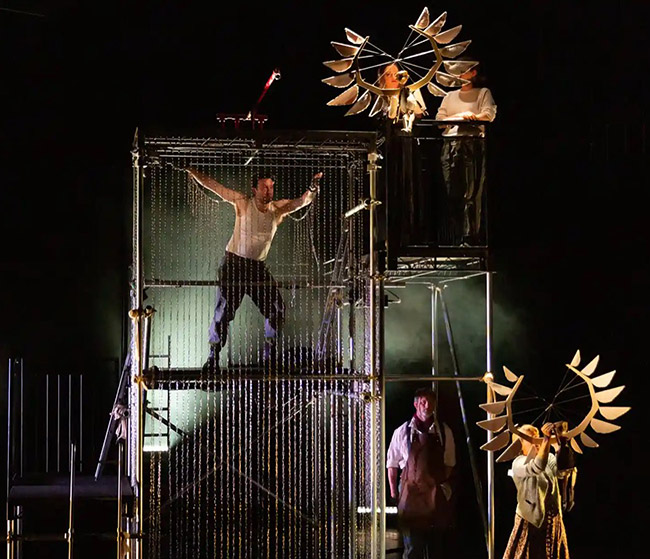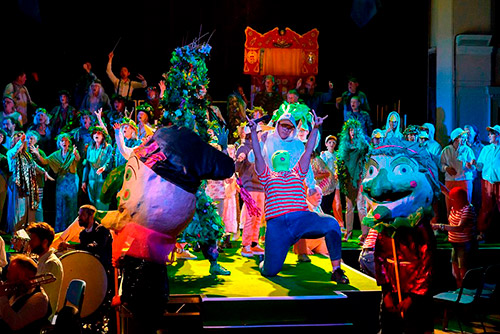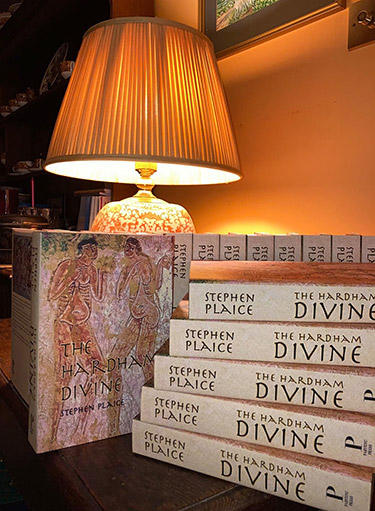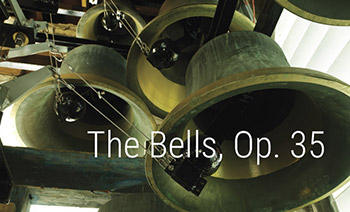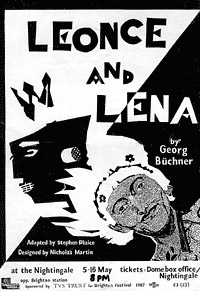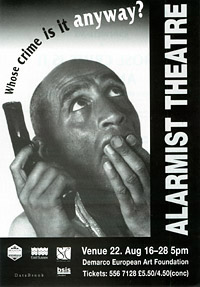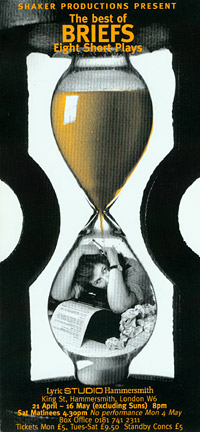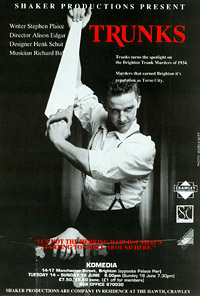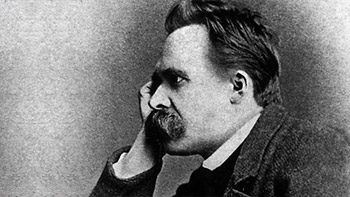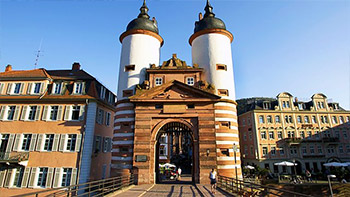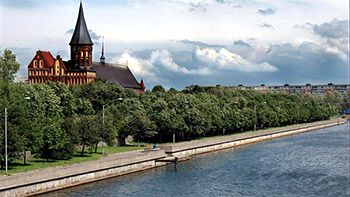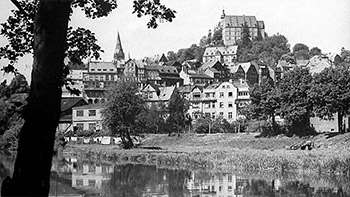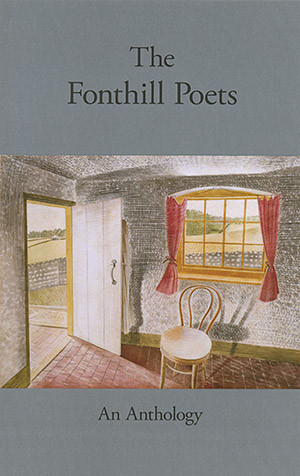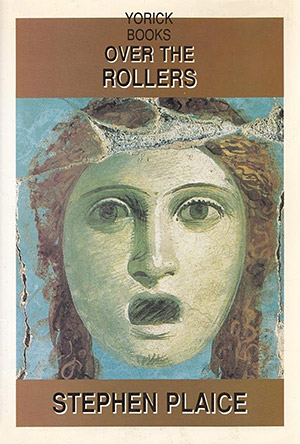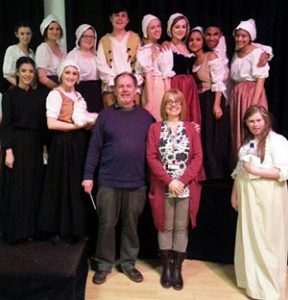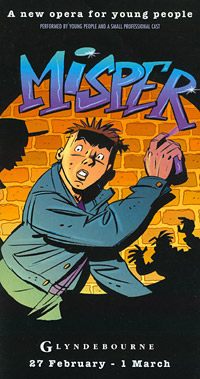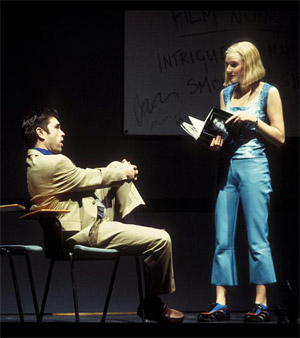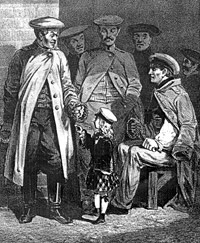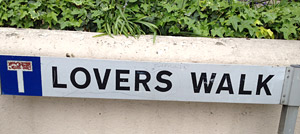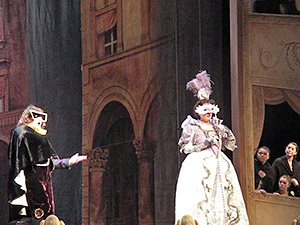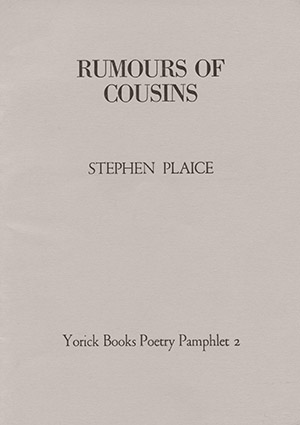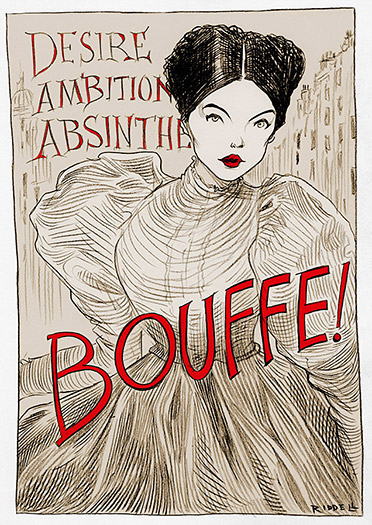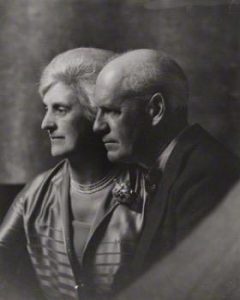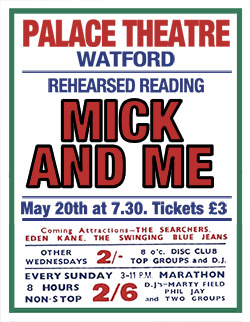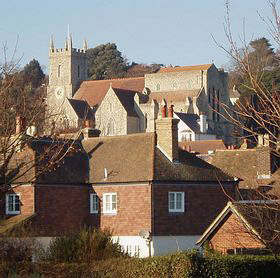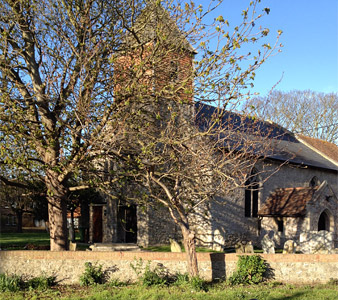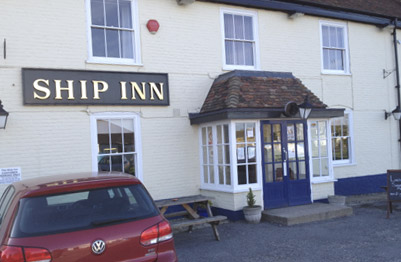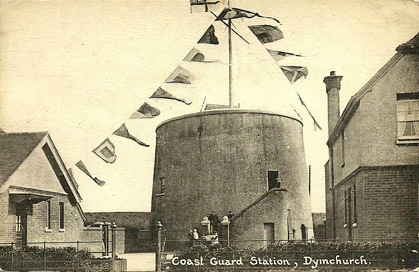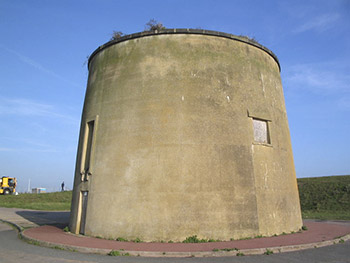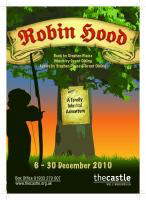During my time at HMP Lewes, I realised that prison is not only a hotbed of crime, but also a hothouse of autobiography. Apart from poetry, it is the most flourishing form of literature inside. At night, for the prisoner, the cell becomes an enforced study. There is something of the cabin about it too. It will be ten to twelve hours until the ship docks again. What better conditions under which to make sense of the experiences that brought a body to this place?
A long prison sentence rounds off a life, like a mini-death, and makes that life surveyable, even if it has only been a young life. The most entertaining manuscripts I read were the picaresque adventures of young men, footloose in the world, with nothing to lose but their virginity and their liberty. There would be older travelogues too, reminiscences of lives spent at sea, full of the names of ships, anecdotes of colourful shipmates, and descriptions of balmy foreign ports and jaunts into exotic seraglios ashore.
But the majority of manuscripts I was given to read (I worked on a lifers’ wing) would be self-justifications of the – how I got to the point where I murdered – variety. With depressing regularity they would begin with a catalogue of abuse in family, school and children’s home, and they would end with ‘ the lost two minutes’ of the murder, at which point memory and the power of description would invariably stall, as if the writer himself had been not the murderer, but the victim of the murder he had committed.
Very few of the autobiographies I read, however, dealt with the experience of prison itself, as if this phase of life was not worthy of consideration and contained no narrative motor. I had been at Lewes for some years before I discovered that one of the most famous of all prison autobiographies had been written there – Borstal Boy. But the real surprise about this discovery was that the book was not written by Brendan Behan, during, or even soon after the primary experience of borstal (though Lewes too had once been a borstal). It was written during a much later period of his life, when he touched backed briefly on the prison experience, after his reputation as a writer was already established.
In the autumn of 1952, still under a deportation order from England because of his I.R.A. activities, Behan made an illegal entry into the country at Liverpool. He was on his way to France to write a feature article for The Irish Times on the attitude of the French to the France versus Ireland rugby international, (which was being played at the Dalymount Stadium in Ireland). Behan had been given the money for air tickets by the editor, but had spent most of it on a drinking binge before he even got out of Dublin. By the time he set out on the trip to France, he only had the ferry-fare to England left in his pocket.
Behan managed to negotiate immigration at Liverpool successfully and was given a lift to London. He had a sister in Crawley who sent her husband up to Victoria Station to give him sufficient money for the second leg of his trip. He bought a copy of The People and boarded a train to Newhaven . Opening the newspaper, he was flabbergasted to read an article about himself, but it was not in the literary pages. It was an account by fellow Republican Dick Timmons of his escape from prison in Liverpool. In the article, Timmons wrote that he had been sprung with the aid of his Republican comrade Brendhan Behan, who had brought false papers with him, and had himself risked gaol to do so. With his eyes ‘riveted on the print’ Brendan read:
At last I got word from Liverpool. The old lady wrote to say that a man was coming to see me. When I saw who it was, I was amazed. For it was Brendan Behan, a friend who had served three years in Borstal for his part in the bombings and who had been expelled from England. He had travelled from Ireland with false papers to help me – and risked gaol to do so… We agreed to separate. The day after he went to Manchester, he was arrested and sentenced to three months imprisonment for illegal entry.
Behan realized that Timmons, thinking him safely back in Ireland, had unwittingly put his name in the frame for aiding and abetting his escape.
Be Jaysus, said I in my own mind, I would give back the Six Counties and go along with the singing to get out of this one. I put my hand in the inside pocket of my coat and felt the hardness of my passport – no longer false, albeit in the name of Francis Behan.
Brendan knew that if he was caught passing through England this time, the authorities would not go lightly with him. His ruse, to fall in with a woman and her young son when passing through immigration at Newhaven, conspicuously failed. They had a picture of him in their office, and despite his denials, they were sure they had their man. Brendan continued to insist that he was Francis Behan, and indeed that is the way his name is recorded in the Index of Prisoners Names at Lewes Prison, where he was received on 27th October 1952. Brendhan describes his journey via Brighton:
The car turned off past the Pavilion, built by the Prince Regent to house his mots and no benefit to any, and we moseyed our way across the Downs to Lewes Gaol. The gaol lay on the outskirts of the town itself, an ugly grey-flint and red-bricked building with warders’ huts alongside overlooking the Downs.
His reception was cordial enough. Once inside the building he was interviewed by Superintendant Britton of the Sussex Constabulary:
It wasn’t a bad-looking room for all that and the wall-paper had got sea-shells all over it, though I must say it didn’t do much for the improvement of my health, nor for that matter for the inhabitants inside.
I swung my legs up on the table, ‘Look,’ I said. ‘You’re mad.I am not Brendan Behan.
But his photograph and his fingerprints argued otherwise, and Brendan was forced to admit his identity. It was the night that Derek Bentley had been charged with Christopher Craig for the shooting of a policeman in Croydon. Over tea, Brendhan, the Superintendant and Detective Constable Johnston fell into conversation over whether Bentley should have been charged and face the death penalty. Though he expressed his disapproval, to curry favour in his predicament Brendhan conceded the argument:
It wouldn’t do to be giving out the pay at this stage of the game and downface the gentlemen, so I said: ‘I suppose you are right, when you come to think of it.’
Brendhan gives a brief description of the prison’s remand accommodation in the early Fifties:
We went out to the top of the stairs and the turnkey came up and Britton smiled at me. ‘Goodnight, men,’ I said and I followed the turnkey up the landing until we came to the cell door. I took off my shoes and braces and went inside, and the door banged behind me and I heard the key turn in the lock.
I looked up at the barred windows. I was there again in a concrete box. And the lavatory was there again, in the corner, in full view of the spy-hole and the John Bull bastard of a warder to look in. I lay down on the wooden bench in misery to await my doom. Monday would come soon enough .
The following day Brendan was taken to the Governor’s office to be interviewed by two men from MI5. Brendan described the Governor, Mr Hayes, who had himself only recently taken charge of the prison, as ‘pleasant enough though by all accounts he wasn’t very pleasant to the other prisoners’. The MI5 men wanted to discuss Brendan’s involvement in I.R.A. activities dating back to 1947. But he was not in a mood to give anything away:
The smiles faded from the professional lips of the MI5. as I gave them my eye-witness account of my three months in Manchester gaol, and how I was a great attender of the shovel and pick.
Brendan’s ironic attitude did not endear him to the Secret Service men. They told him to think over his position in the days before his court appearance. Essentially, they were offering him an amnesty in exchange for further details on I.R.A. activities. But the Irishman remained silent.
The interview was over and although they let on to be unconcerned I could tell when I left the room that they were very huffed blokes indeed. I was glad of that. And I discovered for the first time in my life that there is a degree of professional jealousy existing amongst the police that you wouldn’t be meeting everywhere. For the Sussex police were so happy that I had screwed up M.I.5., who had taken the job of interrogating me out of their hands, that their attitude towards me changed completely. Instead of taking me back to the cell, I was put in another room, where I was brought buckets of tea and smoked many cigarettes. And the coppers kept coming in and out the room to have a chat, and it was the happiest time I ever spent in nick.
True to the literary tradition of Lewes Prison, Brendan spent his week on remand writing the draft of his most famous book Borstal Boy. The manuscript was based on an article he had published in The Bell ten years previously, but, with time on his hands, Brendan now expanded it to book length. He shared a cell with a young Australian first timer who he called Digger, and he used the boy as a sounding-board for his writing:
I read bits of it to the Australian lad and his only comment, when he was not complaining about the sanitary arrangements, was, ‘Cor, Paddy, did you write that?’
It was the week before Guy Fawkes and the annual Bonfire celebrations in Lewes. The idea of a popular festival and the drinking that must accompany it seems to have been magnetic for Brendan:
They told me about the Sussex Martyrs, and how they were burned at the stake in Lewes by Bloody Mary, and how they hoped I would be able to see the celebrations on November 5th which was in a few days time, for the town was great gas that night. They would take me round the district to each street and see the bonfires lit.
‘You know, this is not a very popular night for Irishmen around here,’ they said. ‘We might even let you go.’
‘If you give me a break, I’d soon show you,’ I laughed, for damn it, I would have readily joined in.
But his case came up too soon, on the day before the celebrations. Brendan was denied his experience of Lewes Bonfire Night, and Lewes was denied its experience of the Roaring Boy. He was twenty-nine years old, but his enthusiasm for a wild night was like that of a child:
It nearly drives me insane when I think of the opportunity I missed by not seeing Guy Fawkes night in Lewes, but maybe with the help of God and varied, I will yet.
In the remand cells at the Magistrates Court Brendan was held with a number of other offenders, among them a railwayman accused of raping two male twins. Seeing him weeping, Brendan had given him a cigarette and tried to console him. But the man, with the shame of it all, had turned his head and moved away. Brendan was put in the charge of two officious young policemen from London, but spotting Detective Constable Johnston, he asked to hear the railwayman’s case. To spite the London officers, Johnston agreed, and Brendan was taken into the court to hear the man sent for trial at the Assizes. Surprisingly, the author of Borstal Boy ‘s sympathies lay with the railwayman, who he felt could have been overwhelmed by the boys, who if he had had his way ‘would have been sent home with their arses slapped’. The magistrate was a woman:
a ‘gentle English Tory’, which, to me, is like talking about a tame cobra, dry water, a poor publican or a tame duck, and she had a face like Harris Tweed.
She dealt harshly with the railwayman, sending him to trial at the Assizes. Then Brendan himself appeared before her, charged with illegally entering Britain. He pleaded guilty. Superintendant Britton spoke of his previous record, his expulsion from Liverpool in 1941 for possessing explosives, and of the four years he had served of a fourteen year sentence for attempting to murder Irish police officers. A Mr Carter replied in his defence, explaining that Brendan had been led astray at the age of 14, beguiled into joining the I.R.A., but now he was a respected writer and broadcaster who was merely passing through England on business.The lady magistrate dealt leniently with the case, fining Brendan only fifteen pounds, with costs:
I could not complain about my treatment at Lewes.
The sergeant who accompanied Brendan in the car back to Newhaven to deport him remain tight-lipped, despite attempts at conversation. The Irish writer realized why at the quayside, when the sergeant bade him farewell in a clear Dublin accent.
By the time Brendan arrived on the boat-train in Paris, it was Friday, and the France v. Ireland match at Dalymount was the very next day. He only had an Irish threepenny piece in his pocket and no chance of filing his copy in time for the match. Set up by a friend in a hotel at the back of the Luxembourg Gardens, he listened to the match on French radio in the bar. From the curses of the French around him, he realized that the French were losing. He read the next day in the newspaper – ‘the Dalymount roar frightened the French team so much that they lost their nerve and also the match’. He never did get to write the feature article. Instead, in his luggage, he had the manuscript of Borstal Boy, courtesy of Lewes Prison. It was the last time he would be confined in jail. It was almost as if prison had drawn him back once more to enable him to write his prison book. It took him out of the world of drink and journalism just long enough to focus him on the prose work for which he is best remembered.

